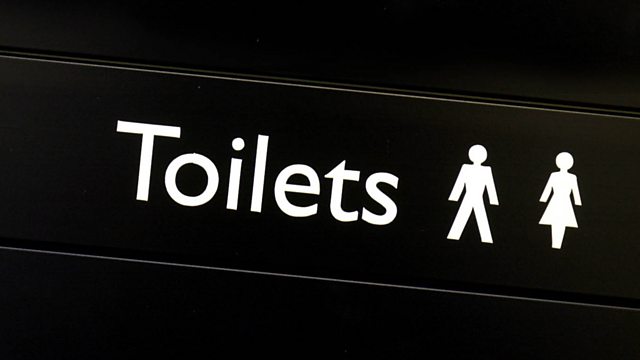24/11/2011
Europe's flora and fauna is declining at an alarming rate says the International Union for the Conservation of Nature; Invasive new species colonising Africa; A new Canary Island; Energy from urine
European species decline
The first ever report by the International Union for the Conservation of Nature (IUCN) into the state of Europe's fauna and flora has just been published. They have drawn up a Red List of threatened species, which shows that plants, mammals, freshwater fish, molluscs and amphibians are all at risk of dying out. Annabelle Cuttelod, IUCN Coordinator of the European Red List, joins us on the programme and says the wide ranging report makes sombre reading.
Invasive Alien Species
Parts of Africa seem to be facing the opposite problem to extinction, invasion of non-native plants. Increasingly, the presence of alien plants, or weeds, is adding to the problem of food shortages caused by droughts, pests, and disease. Specifically, they are causing a drop in yields. Our reporter, Meera Senthilingam has been investigating the effects of this invasion in East Africa.
New Canary Island
Over the last few months an underwater volcano has been extremely active off the coast of the smallest Canary Island, El Hierro. Recently fountains of water up to 20 metres high have been seen shooting out of the Atlantic Ocean. Dr Jo Gottsmann, a volcanologist from the University of Bristol, has been following what is happening and explains how likely it is that a new island could surface from below the waves.
Pee Power
The idea of generating useful power from a waste product is a tantalising one. So what if the waste product comes from our bodies? Researchers in the UK are working on using urine as a fuel for Microbial Fuel Cells – so they are using wee to generate electricity. Just to give you an idea of how useful this could be each one of us apparently produces about two and a half litres of urine a day, which adds up to 6.4 trillion litres globally, every year. Dr Ioannis Ieropoulos from the Bristol Robotics Lab at the University of the West of England explained how the technology works.
Last on
Broadcasts
- Thu 24 Nov 2011 19:32GMTΒι¶ΉΤΌΕΔ World Service Online
- Fri 25 Nov 2011 04:32GMTΒι¶ΉΤΌΕΔ World Service Online
- Fri 25 Nov 2011 12:32GMTΒι¶ΉΤΌΕΔ World Service Online
- Sat 26 Nov 2011 06:32GMTΒι¶ΉΤΌΕΔ World Service Online
- Mon 28 Nov 2011 00:32GMTΒι¶ΉΤΌΕΔ World Service Online
Podcast
-
![]()
Science In Action
The Βι¶ΉΤΌΕΔ brings you all the week's science news.


